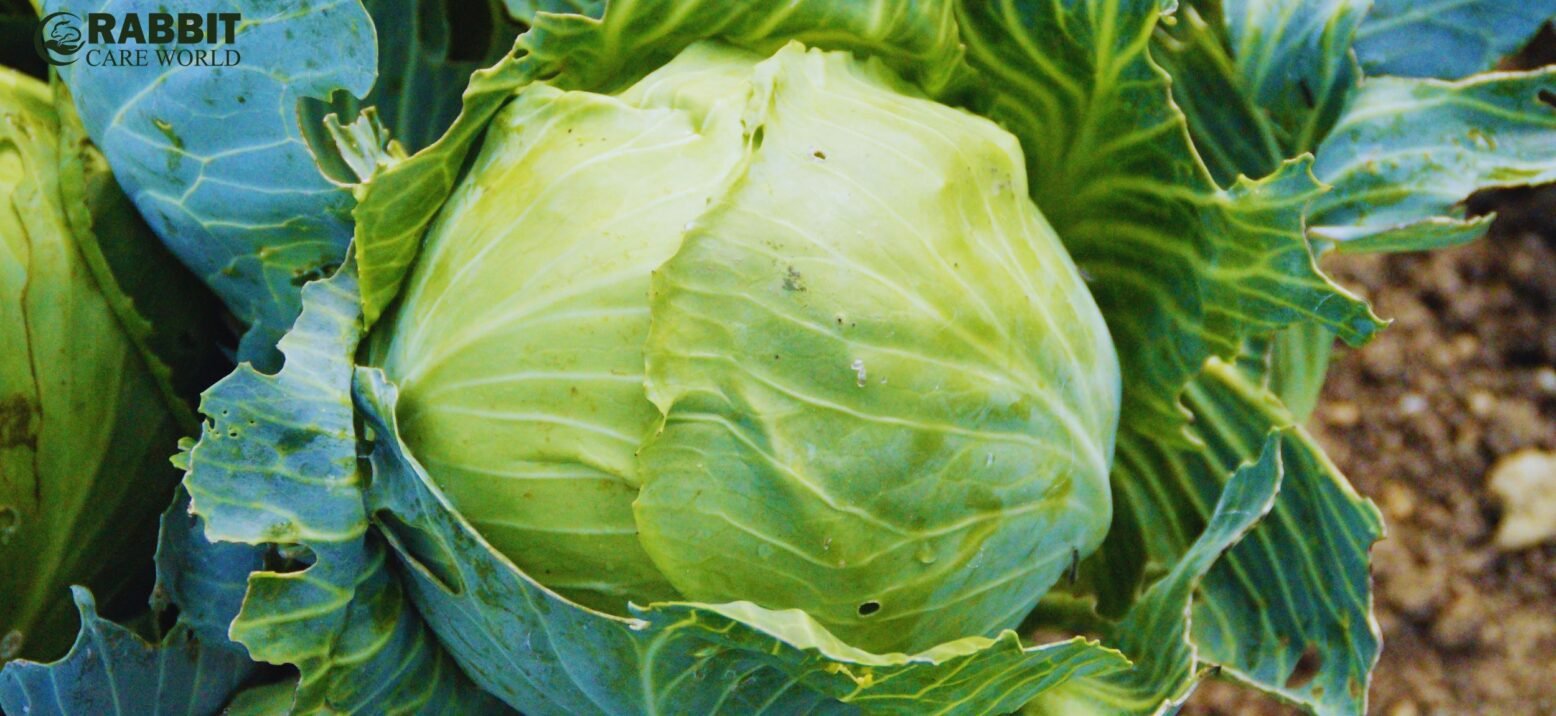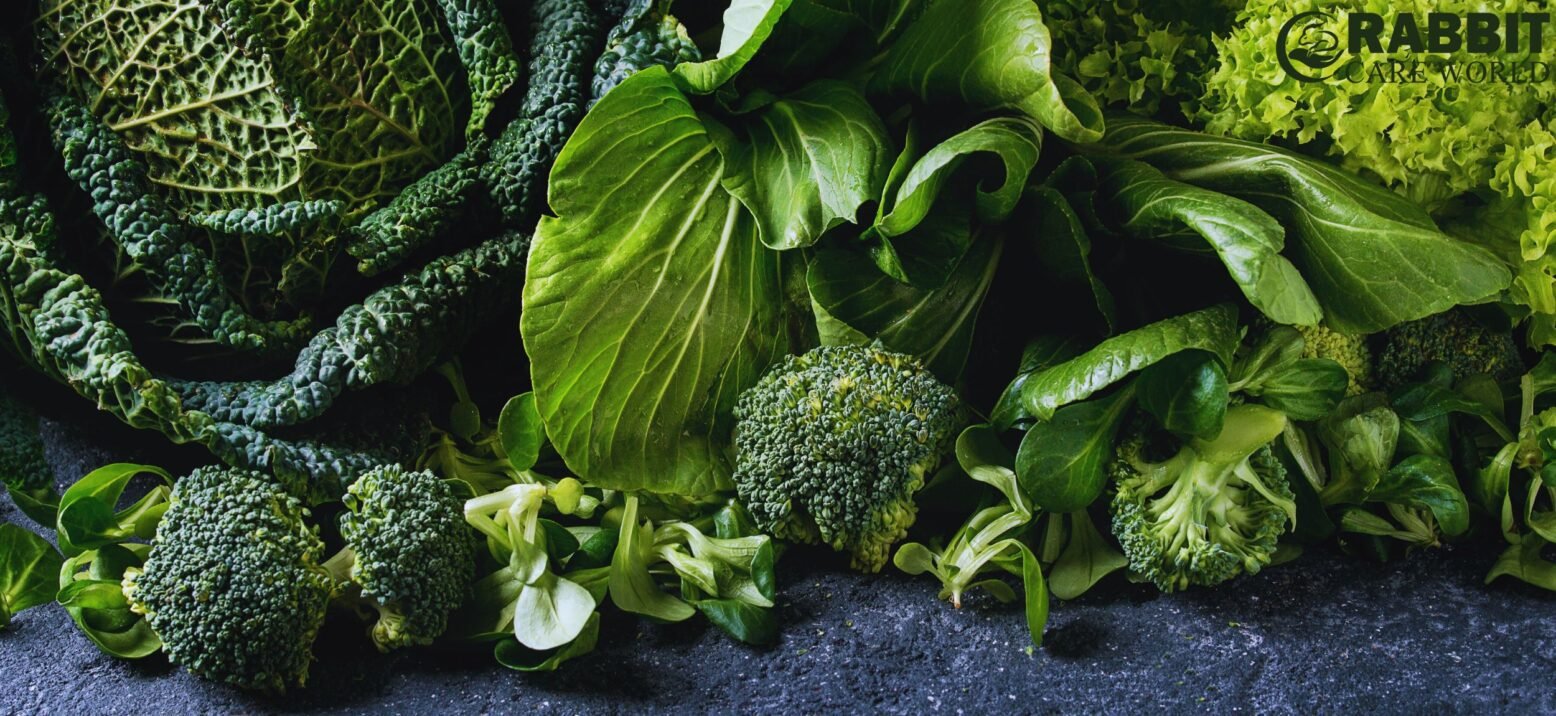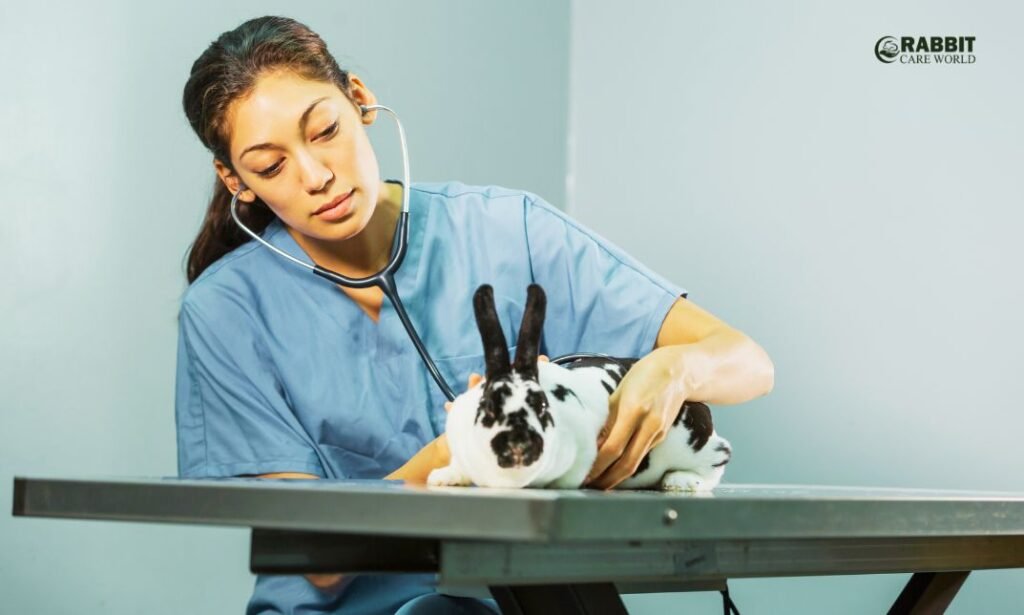Wondering: can guinea pigs have cabbage? Yes, guinea pigs can eat cabbage. But it should be in moderation. Let’s explore everything!
Cabbage can be a nutritious addition to your guinea pig’s diet. It is full of vitamins and minerals that can benefit your pet. Guinea pigs need a variety of vegetables to stay healthy, and cabbage can be part of that mix.
But too much cabbage can cause gas and bloating. This is why it’s important to feed it in small amounts. In this post, we will explore how to safely include cabbage in your guinea pig’s diet. We will discuss the benefits, potential risks, and best practices for feeding this leafy green to your furry friend. Stay with us to learn more about keeping your guinea pig happy and healthy!
Table of Contents
ToggleCabbage Benefits For Guinea Pigs

Feeding your guinea pig a variety of vegetables can enhance their diet and overall health. Cabbage is a nutritious option, offering numerous benefits. Let’s explore the nutritional value and health advantages of cabbage for guinea pigs.
Nutritional Value
Cabbage is packed with essential vitamins and minerals. Here are some key nutrients:
- Vitamin C: Supports the immune system and prevents scurvy.
- Vitamin K: Important for blood clotting and bone health.
- Fiber: Aids digestion and keeps the gut healthy.
- Calcium: Necessary for strong bones and teeth.
- Iron: Helps in the formation of healthy red blood cells.
Health Advantages
Including cabbage in your guinea pig’s diet can provide several health benefits:
- Boosts Immunity: The high Vitamin C content strengthens the immune system.
- Improves Digestion: Fiber in cabbage promotes healthy digestion and prevents constipation.
- Supports Bone Health: Calcium and Vitamin K work together to maintain strong bones and teeth.
- Prevents Anemia: Iron helps in the production of red blood cells, preventing anemia.
Remember to feed cabbage in moderation. Too much can cause digestive issues. A balanced diet with a mix of vegetables is best for your furry friend.
Potential Risks Of Cabbage
Feeding cabbage to guinea pigs may seem like a good idea. But it’s important to understand the potential risks involved. Some issues can affect your pet’s health. Let’s explore these risks in more detail.
Digestive Issues
Guinea pigs have sensitive digestive systems. They need a balanced diet to stay healthy. Cabbage contains high amounts of fiber. Too much fiber can upset their stomach. This can lead to diarrhea or other digestive problems.
Introduce cabbage slowly. Watch for any signs of digestive distress. If problems occur, stop feeding cabbage immediately. Always consult your vet for advice.
Gas And Bloating
Another risk is gas and bloating. Cabbage can produce gas in a guinea pig’s stomach. This can cause discomfort and pain. Bloating can become serious if not treated. It may even lead to severe health issues.
To prevent gas and bloating, feed cabbage in small amounts. Monitor your pet’s reaction. If you notice any signs of discomfort, stop giving cabbage. Your guinea pig’s health should always come first.
Safe Cabbage Portions
Feeding your guinea pig the right amount of cabbage is important. Too much can cause health issues. Let’s explore the safe portions of cabbage for your furry friend.
Serving Size

Guinea pigs can eat cabbage, but in small amounts. A good serving size is about one or two small leaves. Cut the cabbage into thin strips. This makes it easier for your guinea pig to eat. Always wash the cabbage before serving. This removes any pesticides or dirt.
Frequency Of Feeding
It’s best to feed cabbage to your guinea pig only once or twice a week. Feeding it more often can cause gas or bloating. Rotate cabbage with other vegetables. This ensures a balanced diet. Too much cabbage can lead to digestive problems.
Alternatives To Cabbage
While cabbage is a popular veggie for guinea pigs, it’s not the only option. There are many healthy alternatives that can provide variety and nutrition. Below are some great choices for your furry friend.
Other Leafy Greens
Leafy greens are excellent for guinea pigs. They offer essential vitamins and minerals. Here are some safe options:
- Romaine Lettuce: A safer option compared to iceberg lettuce.
- Spinach: High in nutrients but should be given in moderation due to oxalates.
- Kale: Rich in vitamin C and calcium, but also should be limited.
- Parsley: Contains vitamin C, but use sparingly due to its high calcium content.
Vitamin-rich Vegetables
Guinea pigs need a diet rich in vitamins, especially vitamin C. Below are some vitamin-packed veggies:
| Vegetable | Key Nutrients | Feeding Frequency |
|---|---|---|
| Bell Peppers | Vitamin C | Daily |
| Carrots | Beta-carotene | Occasionally |
| Broccoli | Vitamin C, Fiber | 2-3 times a week |
| Tomatoes | Vitamin C, Lycopene | Occasionally |
These vegetables can be mixed into their diet to keep it balanced. Ensure you wash all vegetables thoroughly before feeding. Always introduce new foods gradually to avoid digestive issues.

Frequently Asked Questions About Can Guinea Pigs Have Cabbage
Can Guinea Pigs Eat Cabbage Daily?
No, guinea pigs should not eat cabbage daily. It can cause gas and bloating.
Is Cabbage Safe For Guinea Pigs?
Yes, cabbage is safe in small amounts. Too much can upset their stomach.
How Much Cabbage Can Guinea Pigs Eat?
Offer a small leaf once or twice a week. Avoid overfeeding.
What Are The Benefits Of Cabbage For Guinea Pigs?
Cabbage provides vitamin C, which is essential for guinea pigs’ health.
Are There Any Risks Of Feeding Cabbage To Guinea Pigs?
Yes, too much cabbage can cause gas, bloating, and digestive problems.\
Can Guinea Pigs Eat Red Cabbage?
Yes, guinea pigs can eat red cabbage. It is safe for them in moderation.
Conclusion
Cabbage can be a healthy treat for guinea pigs. Offer it in moderation. Too much cabbage can cause gas and bloating. Always introduce new foods slowly. Monitor your guinea pig’s reaction. Fresh, clean cabbage is best. Remove any uneaten portions promptly.
Your guinea pig’s diet should be varied. Include other vegetables and hay. A balanced diet ensures a happy, healthy pet.



